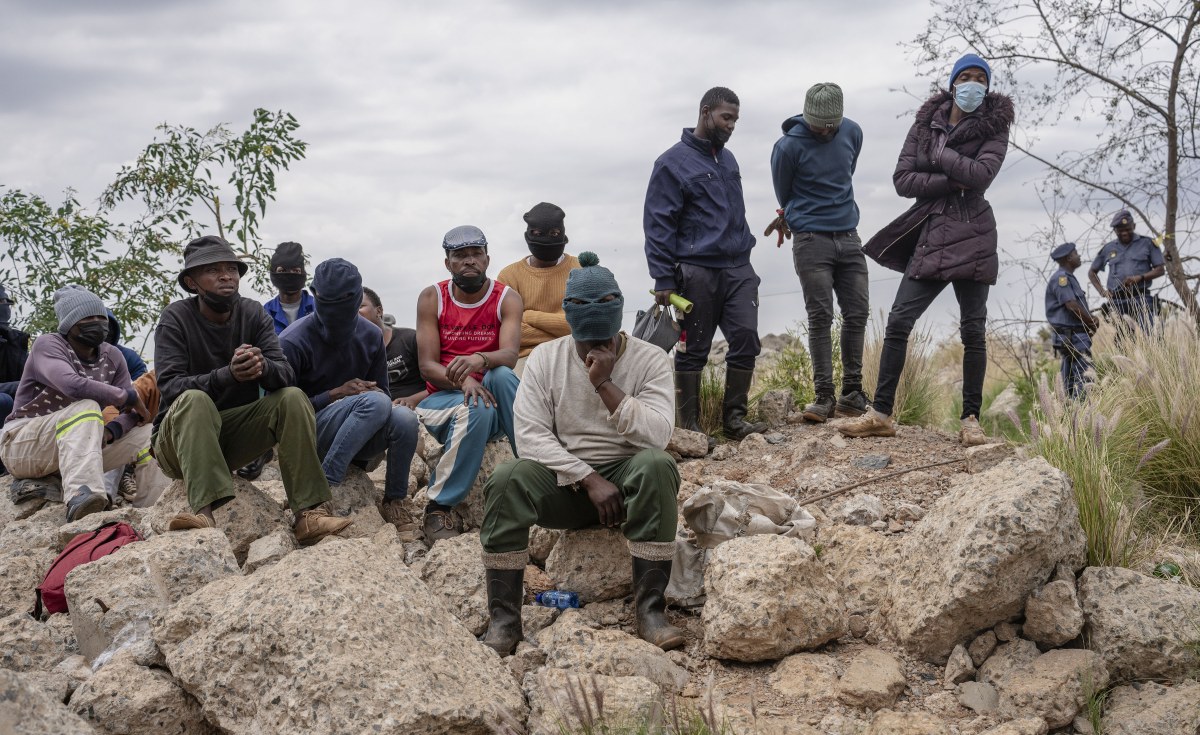Dear Editors,
Ethiopia’s ongoing political turmoil has led to a significant yet often overlooked issue – the psychological devastation and depression affecting its citizens. With an increasing reliance on social media platforms for communication and commercial purposes, neither the government’s nor the social media companies’ response to ensuring user safety remains adequate.
Citizens’ integration into the social media environment has resulted in deep connections with neighbours and each other. Platforms like TikTok and Facebook have become indispensable for the younger generations, fostering communications, partnerships, solidarity, and passion. However, the circulation of hate speech and content promoting ethnic divisions has exposed the darker side of these platforms.
Big Tech companies, including Facebook, have been accused of not taking enough action against hate speech and content inciting ethnic divisions. The Facebook whistleblower, Frances Haugen, revealed in 2021 that the company was aware of the hate speech circulating on its platform but failed to address it. Haugen claimed that Facebook’s inaction was “literally fanning ethnic violence.”
The ongoing conflict between the Ethiopian defence forces and various rebel groups has been marked by graphic content and false information shared on social media platforms, further exacerbating the situation. Reports have shown that individuals from various ethnic groups are targeted, with social media used as a tool to spread disinformation and slander individuals based on their political views.
In response to these revelations, Facebook’s CEO, Mark Zuckerberg, announced a monitoring strategy and rebranded the company as Meta, following the whistleblower’s damaging testimony. Several Ethiopian accounts were suspended for violating community standards. However, according to an article published on the “Global Witness” website, Facebook continues to tolerate hate speech and content inciting violence in Ethiopia.
Parliament passed a law criminalizing hate speech and disinformation in March 2020. Although this law is a step in the right direction, there is limited information on its enforcement and real-world impact.
It is crucial to prioritize education and honest conversations about the impact of social media. Government agencies, social media companies, and international lawmakers should work together to develop tailored legislation that protects freedom of speech while preventing the spread of hate and misinformation. Ethiopia’s government should establish an independent body comprising representatives from various civic organizations and opposition political parties to monitor and regulate social media platforms impartially.
Abreham Ketema
A Reader
abrehamketemawin7@gmail.com
PUBLISHED ON
Apr 18,2023 [ VOL
24 , NO
1199]










